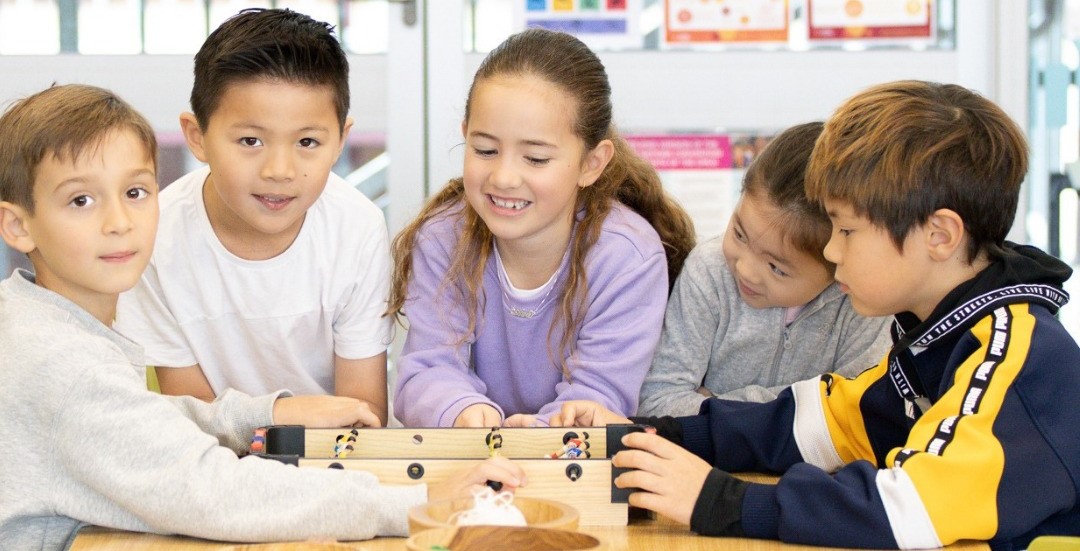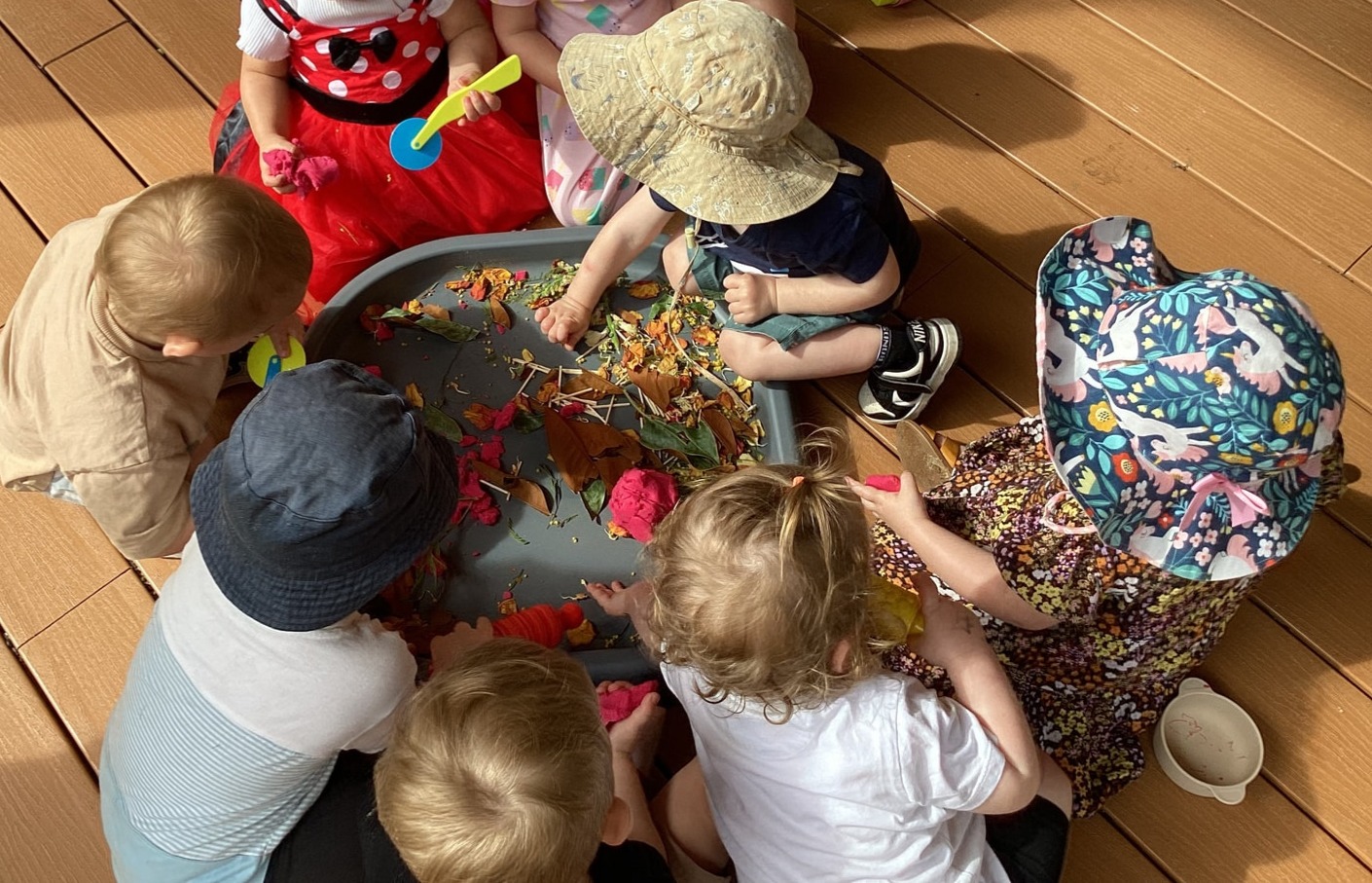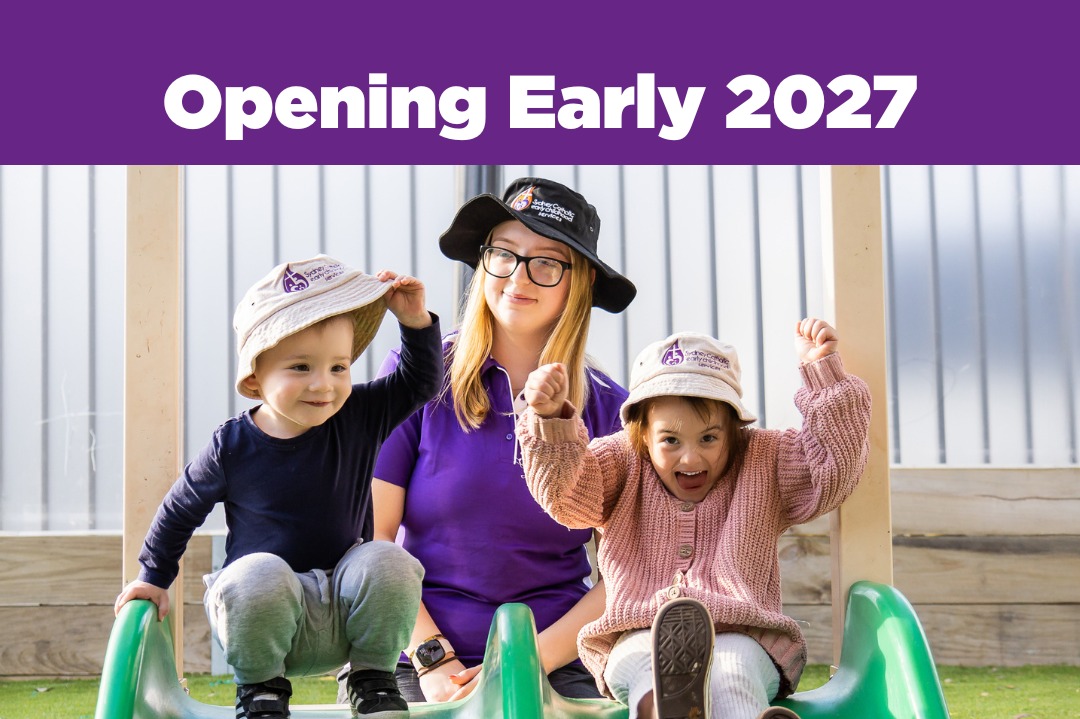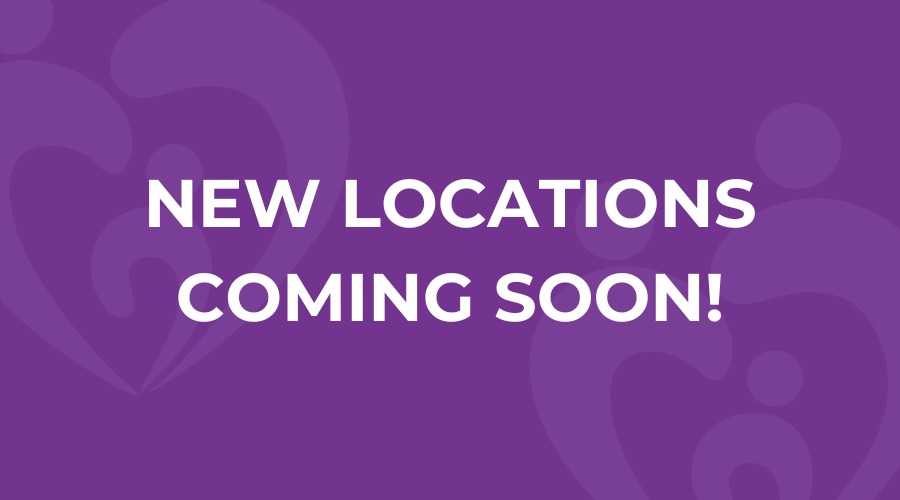Early Learning Centres
SCECS Early Learning Services operate in close partnership with the local Catholic school and parish community. Our education and care program supports the 'Early Years Learning Framework',
a National Framework for children from birth to five years.
The Framework's vision is for all children to experience play-based learning that is engaging and builds success for life. Our play-based, emergent curriculum is designed to meet the individual needs, interests, and investigations of children.

1A Kimberley Grove, Rosebery, NSW 2018


1A Kimberley Grove, Rosebery, NSW 2018
Text Link
135B Brook Street, Coogee, NSW 2034



77 Queen Street, Auburn, NSW 2144



389 Port Hacking Road South, Caringbah, NSW 2229


389 Port Hacking Road South, Caringbah, NSW 2229
Text Link
96 Cartwright Avenue, Sadleir, NSW 2168


96 Cartwright Avenue, Sadleir, NSW 2168
Text Link
2 Missenden Road, Camperdown, NSW 2050


2 Missenden Road, Camperdown, NSW 2050
Text Link
511 Bunnerong Road, Matraville, NSW 2036


511 Bunnerong Road, Matraville, NSW 2036
Text Link
77-79 Wonga Road, Lurnea, NSW 2170


77-79 Wonga Road, Lurnea, NSW 2170
Text Link
2 Blackfriars Street, Chippendale, NSW 2008



129 Balaclava Road, Marsfield, NSW 2122


129 Balaclava Road, Marsfield, NSW 2122
Text Link
195 Heathcote Road, Holsworthy, NSW 2173


195 Heathcote Road, Holsworthy, NSW 2173
Text Link
140 Eleventh Avenue, Austral, NSW 2179


140 Eleventh Avenue, Austral, NSW 2179
Text Link
Register your interest now!


Child care subsidy calculator
A majority of the families are eligible for Child Care Subsidy (CCS), which can help in reducing the cost by up to 80%. We've created this Subsidy Calculator to check your eligibility and subsidy amount.
Why choose us?
Frequently asked questions
Why should I send my child to long day care and preschool?
Educators and psychologists are in agreeance that the single most important period in a child’s development occurs from birth to age six. Evidence shows that participating in a high quality early education program delivers lasting health and educational outcomes preparing children for school and beyond.
What is the Early Years Learning Framework (EYLF)?
The Early Years Learning Framework (EYLF) describes the principles, practices and outcomes essential to young children’s learning from birth to five years of age, as well as their transition to school. It’s part of the Australian Government’s National Quality Framework for early childhood education and care.The framework has a strong emphasis on play-based learning, recognising the importance of communication and language (including early literacy and numeracy) and social and emotional development. There are five learning outcomes defined by the EYLF:
- Children have a strong sense of identity.
- Children are connected with and contribute to their world.
- Children have a strong sense of wellbeing.
- Children are confident and involved learners.
- Children are effective communicators.
The National Quality Framework (NQF) was the result of an agreement between all Australian governments to work together to provide better educational and developmental outcomes for children. The NQF introduced a new quality standard in 2012 to improve education and care across long daycare, family daycare, preschool/kindergarten, and outside school hours care.The National Quality Standard (NQS) is a key aspect of the National Quality Framework (NQF) and sets a high, national benchmark for early childhood education and care.The NQS brings together the 7 key quality areas that are important to outcomes for children:
- Educational program and practice
- Children’s health and safety
- Physical environment
- Staffing arrangements
- Relationships with children
- Collaborative partnerships with families and communities
- Leadership and service management
Learn more on the ACECQA website.
Are nappies provided?
Yes, SCECS provides nappies for children who are not yet toilet trained.
Are meals provided?
SCECS provides breakfast, morning tea, lunch, afternoon tea and a late snack each day. We employ a qualified onsite cook/chef, catering for each child’s dietary needs and providing fresh, nutritious and healthy meals. Meal time is a special time for children and staff to come together and enjoy a diverse range of cuisines.
What are the operating hours?
Our services operate from 7:00am to 6.00pm, Monday to Friday, 50 weeks a year. We’re not open on weekends or public holidays.
Can we join the waitlist if our baby hasn’t been born yet?
Yes, you can join the waitlist. We will require your baby’s surname and for their first name, you can write ‘baby’. We also require an estimated date of birth. Once your child is born, you are required to contact us and update your details.
What happens once I submit my waitlist application?
Your Wait List Application / position for care will be allocated in line with the Priority of Access guidelines at the service.
How does the waitlist work?
We adhere to the Commonwealth Government's Priority of Access guidelines;
Priority 1: a child at risk of serious abuse or neglect
Priority 2: a child of a single parent or parents who satisfy the work/training/study test under Section 14 of the 'A New Tax
System (Family Assistance) Act 1999'
Priority 3: any other child.
Within these main categories, priority should also be given to the following children:
‐ children in Aboriginal and Torres Strait Islander families
‐ children in families which include a disabled person
‐ children in families which include an individual whose adjusted taxable income does not exceed the lower income threshold, or who or whose partner is on income
support
‐ children in families from a non‐English speaking background
‐ children in socially isolated families
‐ children of single parents
When do we need to start looking for a childcare service?
We recommend placing your child’s name on a waitlist early to ensure that you do not miss out on a place. You should also confirm your requirements as regularly as possible.
Can I join the waitlist if my baby hasn't been born yet?
Yes you can join the waitlist. We will require your baby’s surname and for their first name, write ‘baby’. We also require an estimated date of birth. Once your child is born, please contact us to update your details.
Can you cater for my child's disability?
At SCECS we are an inclusive environment who provides for children with additional needs and is available to every child. For specific advice on how we could best accommodate your child/ren, you should speak with the Director at the SCECS service you are interested in.
When do you start toilet training?
Toilet training usually occurs between the ages of 18 months and 3 years. We work in partnership with families to encourage and implement toilet training when you feel that your child is ready, based on their individual stage of development and signs of toileting readiness.
What should we bring?
Families are encouraged to pack the following items, labelled with their name:
- A water bottle
- 3 spare changes of clothing to suit the weather conditions
- Any comforters that assist your child to feel settled
- Sun safe hat
- Bib - if required (Remove)
- Dummy - if required
- Sleep sheet or blanket (Remove)
- Bottles with formula or expressed milk
- Any medications
What time should we arrive for drop off?
We suggest dropping your child off prior to 10 am to assist your child’s connection to the service and familiarity with the routine of the day.
Why do we need an orientation session?
We recommend families to visit a minimum of 1 to 3 orientation sessions with your child. This allows your child to get use to the routine, educators and learning environment. It also allows us the time to get to know your child/ren and how best we can support their learning and development prior to formally commencing at the service.
How long will it take my child to settle in?
Every child will be different. Some children settle in quickly, while others may take longer. Children who attend 3+ days per week are more likely to settle sooner than children who attend less often. Our caring team of educators will work with you and your child to tailor the enrolment and make the transition smooth.
How do I enrol?
Submit an online ‘’Waitlist" from the SCECS website. Click here to access our guide to using Storypark Manage. The guide will show you how to enrol and request care.
What is the enrolment process?
Once a position becomes available the service will make contact and organise orientation sessions with you and your child.
Will the number of children attending be capped?
Yes, each service is licensed to operate with a maximum number of children based on the physical space available to each service.
Can I swap a session as a one-off?
Unfortunately, we are unable to cater to session swaps due to staffing.
Will I be charged for bookings that fall on a Public Holiday?
If your booking falls on a public holiday you will be charged for this.
I need to terminate my care arrangements; how do I do this?
To cease care, you are required to provide 2 weeks’ written notice. If you are receiving CCS, please note that CCS is not payable for any absences after your child’s last day of physical attendance. Therefore, you are required to attend your last booked day of care to ensure that CCS is paid.
My child is unwell, what do I do?
It is important to notify your service via email or phone if your child is not attending a booked session. Please note that if the absence falls on a day that is booked permanently you will still be charged for the session. For flexible care arrangements, please contact your service to discuss casual bookings.
Will my child move rooms when they have a birthday?
Transitions to older rooms are based on developmental readiness and availability, not just age. Please speak to your service Director if you have any questions.
My child is not immunised - can they be enrolled?
SCECS requires children to be fully up-to-date with their immunisations, or be on a catch up schedule, or have a medical exemption to be enrolled into care. Documentation supporting the child’s immunisation position, must be provided at the time of enrolment. Children who are not vaccinated will not receive the Child Care Subsidy and are not eligible for enrolment.
What documents do I need to supply to show my child’s immunisation status?
The following are acceptable to prove immunisation:
- AIR Immunisation History Statement – those that are fully immunised for their age
- AIR Immunisation Medical Exemption Form – those that have a medical reason not to be vaccinated, or
- AIR Immunisation History Form – those that are on a recognised catch-up schedule
No other documents will be accepted and the enrolment cannot be confirmed without one of these.
What documents do I need to supply to show my child’s immunisation status?
The following are acceptable to prove immunisation:
- AIR Immunisation History Statement – those that are fully immunised for their age
- AIR Immunisation Medical Exemption Form – those that have a medical reason not to be vaccinated, or
- AIR Immunisation History Form – those that are on a recognised catch-up schedule
No other documents will be accepted and the enrolment cannot be confirmed without one of these.
My child is not immunised - can they be enrolled?
SCECS requires children to be fully up-to-date with their immunisations, or be on a catch-up schedule, or have a medical exemption to be enrolled into care. Documentation supporting the child’s immunisation position must be provided at the time of enrolment. Children who are not vaccinated are not entitled to receive the Child Care Subsidy (CCS) and are not eligible for enrolment.
What documents do I need to supply to show my child’s immunisation status?
The following documents are acceptable to provide immunisation:
- AIR Immunisation History Statement - those that are fully immunised for their age
- AIR Immunisation Medical Exemption Form - those that have a medical reason not to be vaccinated, or
- AIR Immunisation History Form - those that are on a recognised catch-up schedule
No other documents will be accepted, and the enrolment cannot be confirmed without one of the above documents.

Any more questions?
Contact Us38 Renwick Street Leichhardt, NSW 2040
(02) 9568 8628
scecs@syd.catholic.edu.au
Monday - Friday 8:00 AM - 5:00 PM

